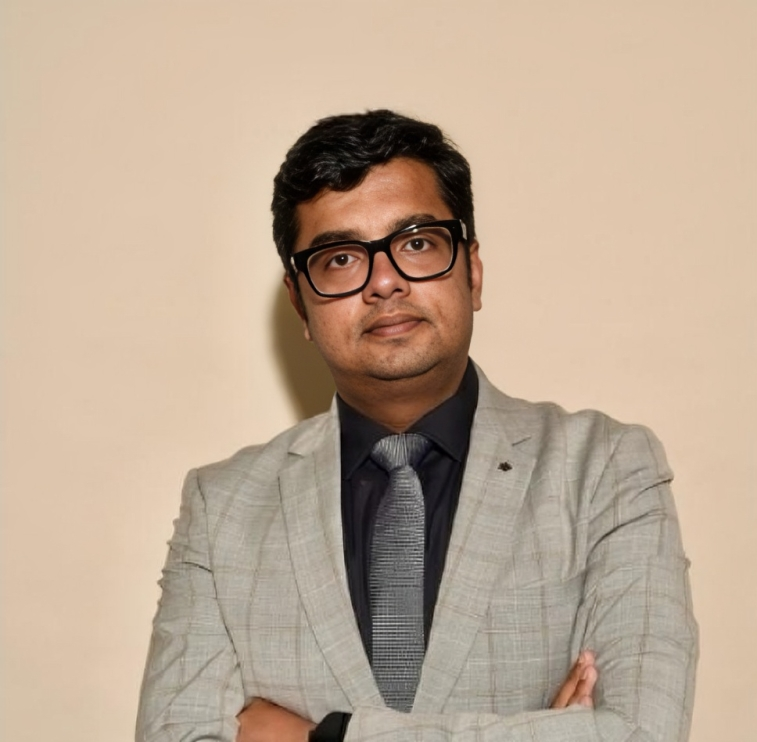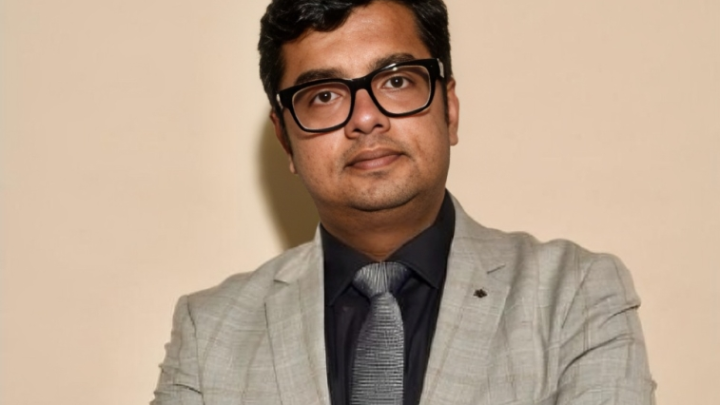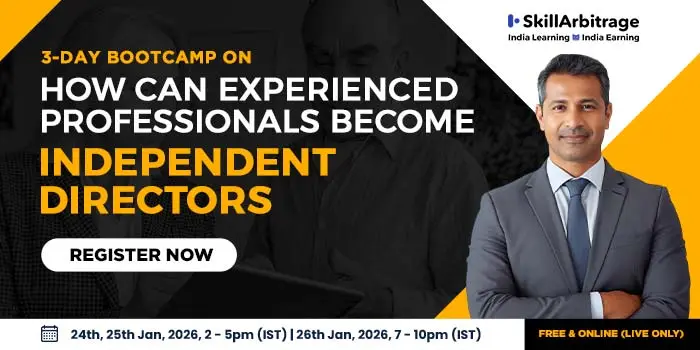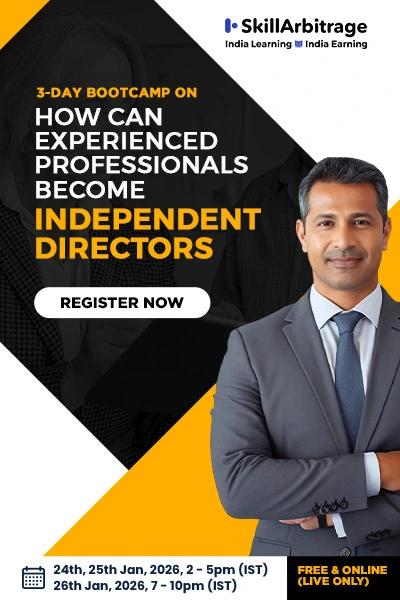Interviews
3218
0
0
“Be consistent and be curious. You don’t have to be brilliant right away, just be the person who shows up, delivers on time, and asks good questions.” – Shalin Arthwan, Partner Designate at C&S Partners.
This interview was taken by SuperLawyer Team
Posted on May 02, 2025
This interview has been published by Anshi Mudgal and The SuperLawyer Team

What initially got you into law, and how did law school shape that path?
I actually started out studying History at Hansraj College and that played a bigger role in my legal journey than I realised at the time. History trains you to look at events from multiple perspectives, analyse cause and effect, and question accepted narratives, which is surprisingly similar to how lawyers think. When I got into law school, that background helped me connect the dots faster especially when it came to reading judgments or understanding how legal principles evolved.
But what really drew me in was litigation seeing how the law, theory and strategy all come together in a live forum. Law school gave me the foundation, sure, but it was the exposure — moots, internships, the energy of the courtroom that really cemented my interest in dispute resolution.
You started your career at Luthra & Luthra, what were those early years like?
Luthra was intense, but in the best possible way. From day one, you’re thrown into the deep end with big-ticket arbitrations and high-stakes matters. One of my earliest matters was a large infrastructure arbitration, and I still remember burning the midnight oil, poring over volumes of documents and prepping witness statements. It taught me that every detail matters, and that being thorough is non-negotiable. But more than that, it shaped how I think — not just about legal issues, but about strategy, how to read the room, how to anticipate what the other side might do.
Now as Partner Designate at C&S Partners, how have those experiences shaped your current approach?
I think the biggest shift has been in perspective. When you’re younger, you’re focused on mastering the law, getting the argument perfect. Now, it’s more about seeing the full picture — what the client really needs, what the commercial implications are, how to get to a solution without over-complicating it. The rigour from firms like Luthra definitely shaped my work ethic, but I’ve learned to balance that with flexibility and pragmatism. Clients want clarity — and a path forward. That’s what I try to bring to the table now.
You were involved in the Raffles Design International arbitration. What are your thoughts on how India handles foreign-seated arbitrations now?
That case was really interesting — it dealt with whether Indian courts can grant interim relief in support of foreign-seated arbitrations. The Delhi High Court’s ruling was quite progressive and set the tone for similar cases later. It’s encouraging to see Indian arbitration law evolving, especially in how courts are supporting the process rather than hindering it. That said, there’s still some inconsistency, and the system isn’t perfect — but the direction we’re heading in is the right one. Institutional arbitration still needs more buy-in, but we’re getting there.
You’ve advised fintech clients under FEMA and PMLA. What trends are you seeing there?
It’s definitely become a tighter regulatory environment, especially for payment gateways and e-commerce platforms. There’s a lot of focus now on cross-border flows, data trails, KYC processes — things that weren’t top of mind for startups a few years ago. What I often see is businesses scaling fast, but the compliance infrastructure doesn’t keep up. And that’s where trouble starts. A lot of our work now involves helping clients plug those gaps before they snowball into investigations.
You’ve handled international arbitrations under SIAC rules. How do Indian clients experience that compared to domestic forums?
There’s definitely a learning curve. International arbitration is much more structured and documentation-heavy. Indian clients sometimes find it overwhelming — the timelines, the formal tone, the costs. But they also appreciate the discipline and neutrality that come with it. What we do is act as a bridge — help them navigate the process, simplify the legalese, and make sure they’re not caught off guard. Documentation is a big challenge — we often have to reconstruct a paper trail that’s been loosely kept. So, we start early on that front.
What advice would you give to younger lawyers entering dispute resolution?
Be consistent and be curious. You don’t have to be brilliant right away — just be the person who shows up, delivers on time, and asks good questions. Watching court arguments taught me more than any textbook — how seniors frame things, how judges respond. Also, build your fundamentals — research, drafting, reading judgments — that’s your toolbox. And don’t chase glamour early on. Focus on being reliable — that’s what builds trust and gets you bigger opportunities.
Litigation can take over your life. How do you manage that balance now?
It’s something I’ve had to work on consciously. In the early years, especially at Luthra, there was a lot of pride in pulling all-nighters and being available 24/7. But over time, you realise it’s not sustainable. Now, I try to be more intentional with time plans, delegate when needed, and switch off when I can. Having a good team is a huge help. You stop feeling like you’re carrying it all alone. And when you do take time off, actually disconnecting helps you come back sharper.
Get in touch with Shalin Arthwan –







No comments yet
Be the first to share your thoughts about this interview.